
- 01 April 2024
Forage crops: Exploring our range
Due to farmers’ increasing desire to produce more homegrown forage and reduce concentrate requirement when rearing livestock, selecting, and managing the correct root or forage crop is very important.
In this article, Grass & Small Seeds Manager, Alasdair Ralston, explores the key forage crop considerations and explains more about our range of products.
How to choose the right forage crop
When thinking about what forage crops to grow, it is vitally important that you consider the following points:
- Utilisation: Assess the time required for the crop to become suitable for consumption by livestock.
- Winter hardiness: Consider the resilience of the crop to withstand harsh winter conditions.
- Livestock class: Identify the class of livestock that will eat the crop?
- Feeding method: Decide whether the crop will be fed in situ in the field or to be lifted for storage.
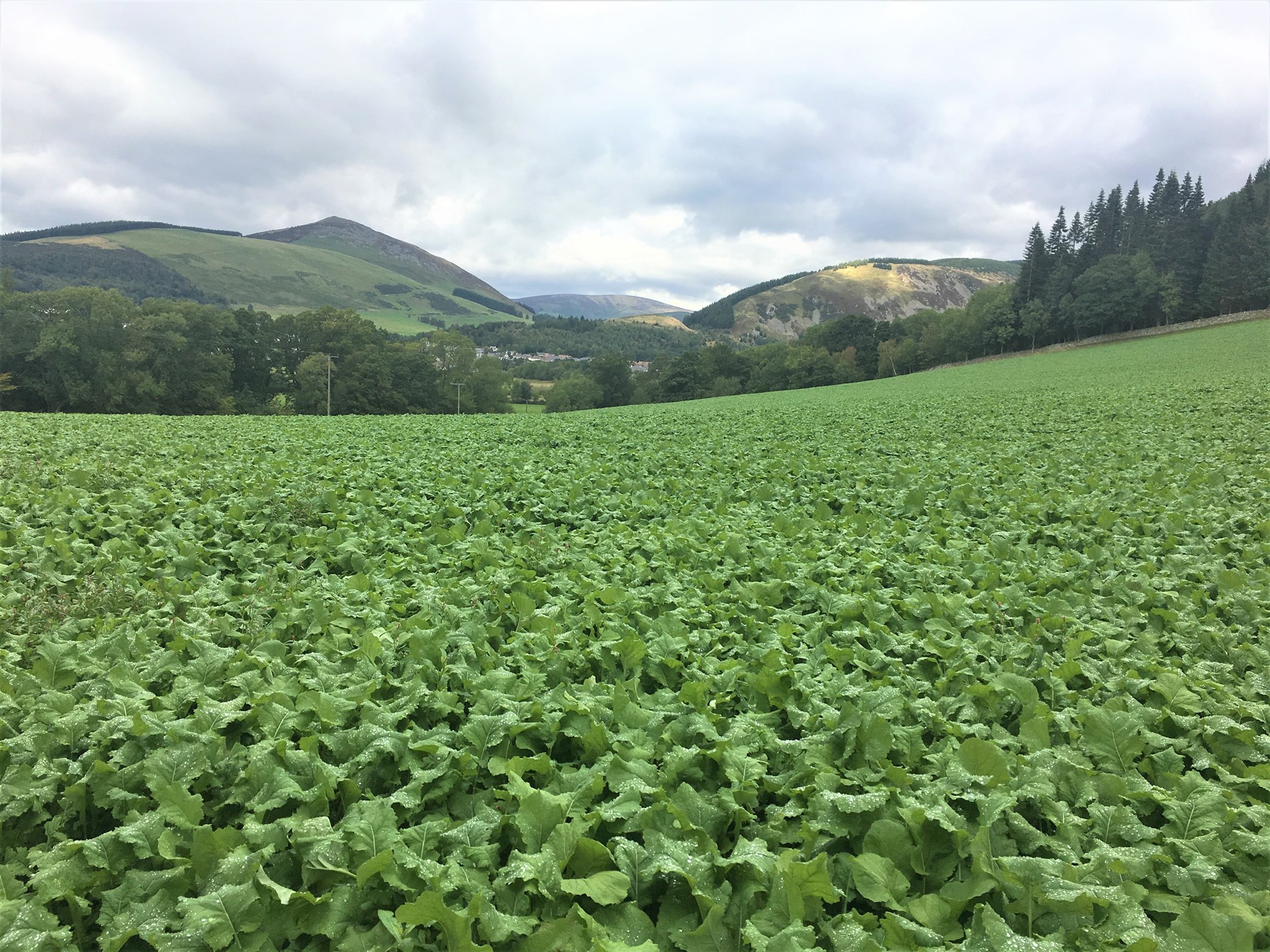
Our forage crop range
Stubble turnips
Stubble turnips are a fast-growing catch crop that are popular with livestock farmers. They are normally sown after first cut silage for summer grazing or after winter cereals for autumn usage. If being used for dairy, the distance between the field and the parlour should be considered.
Includes varieties such as Rondo & Samson
There are also main crop turnips such as Greenglobe and Massif, which are later maturing than stubble turnips. They have a growing period of 12-15 weeks and provide an excellent autumn and early winter feed for livestock.
Benefits of bulbing turnips:
- Highly digestible and palatable for both sheep and cattle
- Good disease and excellent bolting resistance
- Fast growth
Benefits of non-bulbing turnips:
- High frost resistance
- Utilised within six to ten weeks after sowing
- Very high dry matter yield
Benefits of main crop turnips:
- Soft, easily eaten roots
- Very high fresh yield which is suitable for grazing by all types of stock
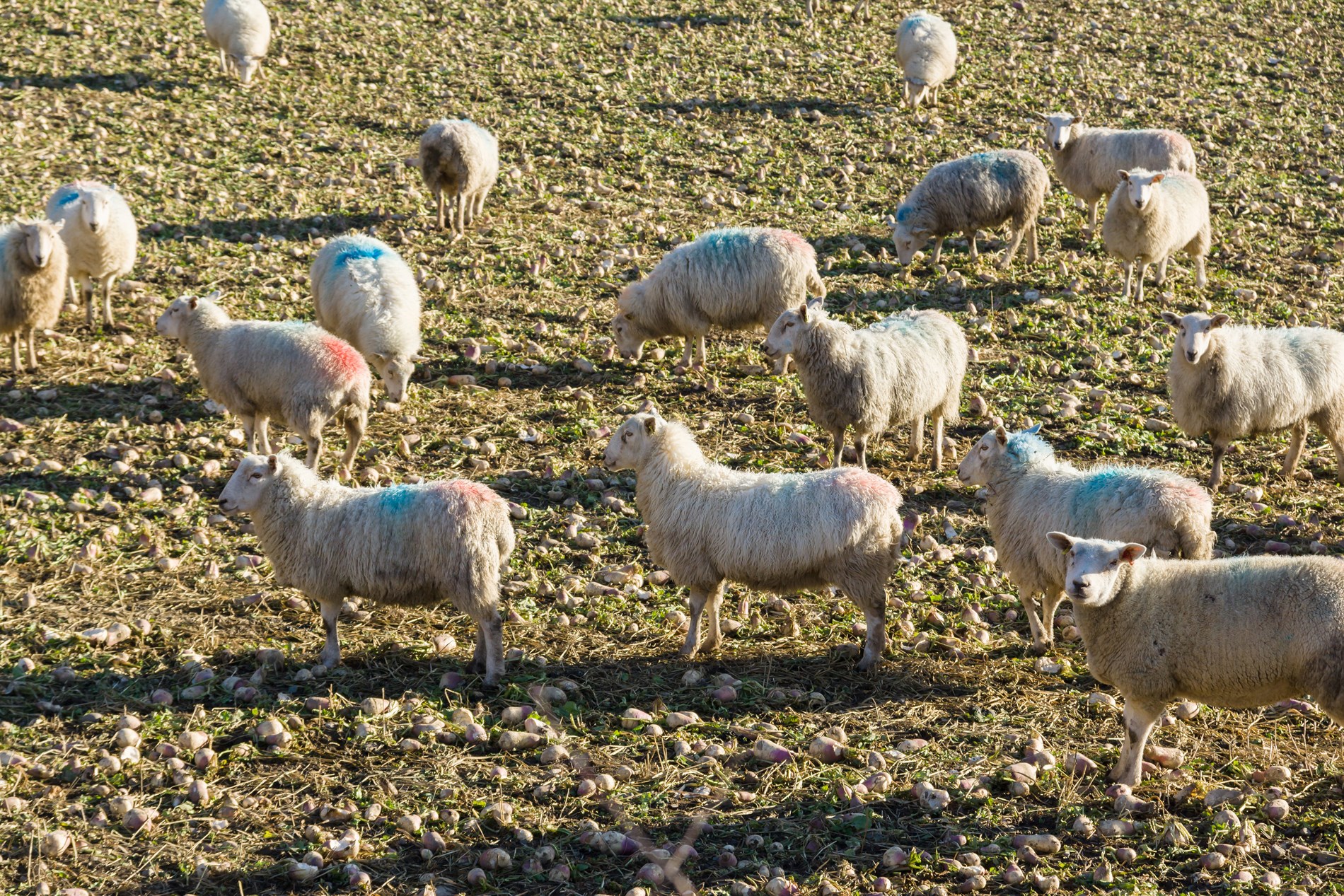
Forage rape
Forage rape is a very fast-growing crop suitable for grazing by sheep or cattle, which is perfect for boosting midsummer forage production for livestock farmers when planted in the spring. It is also suitable for fattening lambs in the autumn/ winter.
Forage rape varieties include Hobson & Skyfall.
Benefits:
- Fast growing
- Extends the grazing
- Very high feeding quality – high in protein – and easily digestible
- Widely branched root system for improvement of soil structure
- Good disease resistance and excellent aphid tolerance
- Low dry matter stem which produced high quality forage with good utilisation at grazing
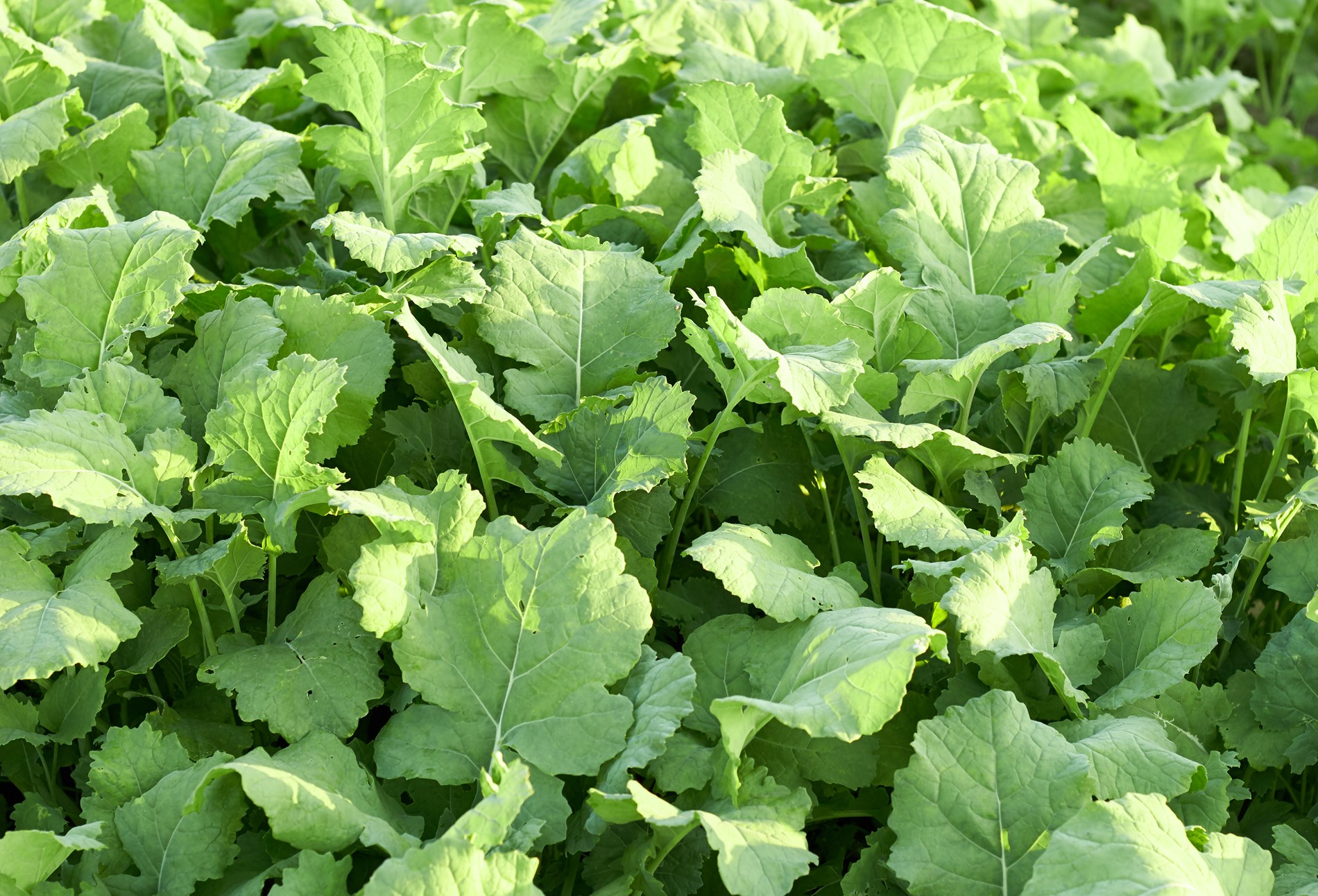
Fodder beet
Fodder beet is a main root crop which produces substantial yields of high-quality fodder and is an excellent supplement to grass silage.
However, specialist harvesting equipment is required to lift the roots and storage is required unless they are strip-grazed in situ. High dry matter varieties tend to sit further in the ground and require a sugar beet harvester to lift them. Due to the higher dirt and hardness of the root, these varieties may need to be chopped and washed before feeding. After wilting, the tops can be fed to stock, contributing a further yield of 3 – 4 tonnes of protein-rich dry matter per hectare.
Benefits:
- Good resistance to rust and mildew
- Good tolerance to bolting
- Exceptionally high fresh yields
- Very palatable
- Rhizonmania tolerant so suitable in the east of the country where sugar beet is widely grown

Swedes
Swedes are a full season root crop, which is a high energy winter feed, which are mainly fed in situ but can also be lifted and stored in a clamp.
The majority of swedes are now grown with precision drills which require a level seed bed. Varieties are generally classed as fodder or culinary types but there are some dual-purpose types.
Varieties include: Airlie, Gowrie, Kenmore and Marian.
Benefits:
- Very high fresh yield (Airlie)
- Dual purpose variety suitable for fodder and culinary use (Airlie, Gowrie and Marian)
- Good mildew (Gowrie)
- Good winter hardiness (Kenmore)
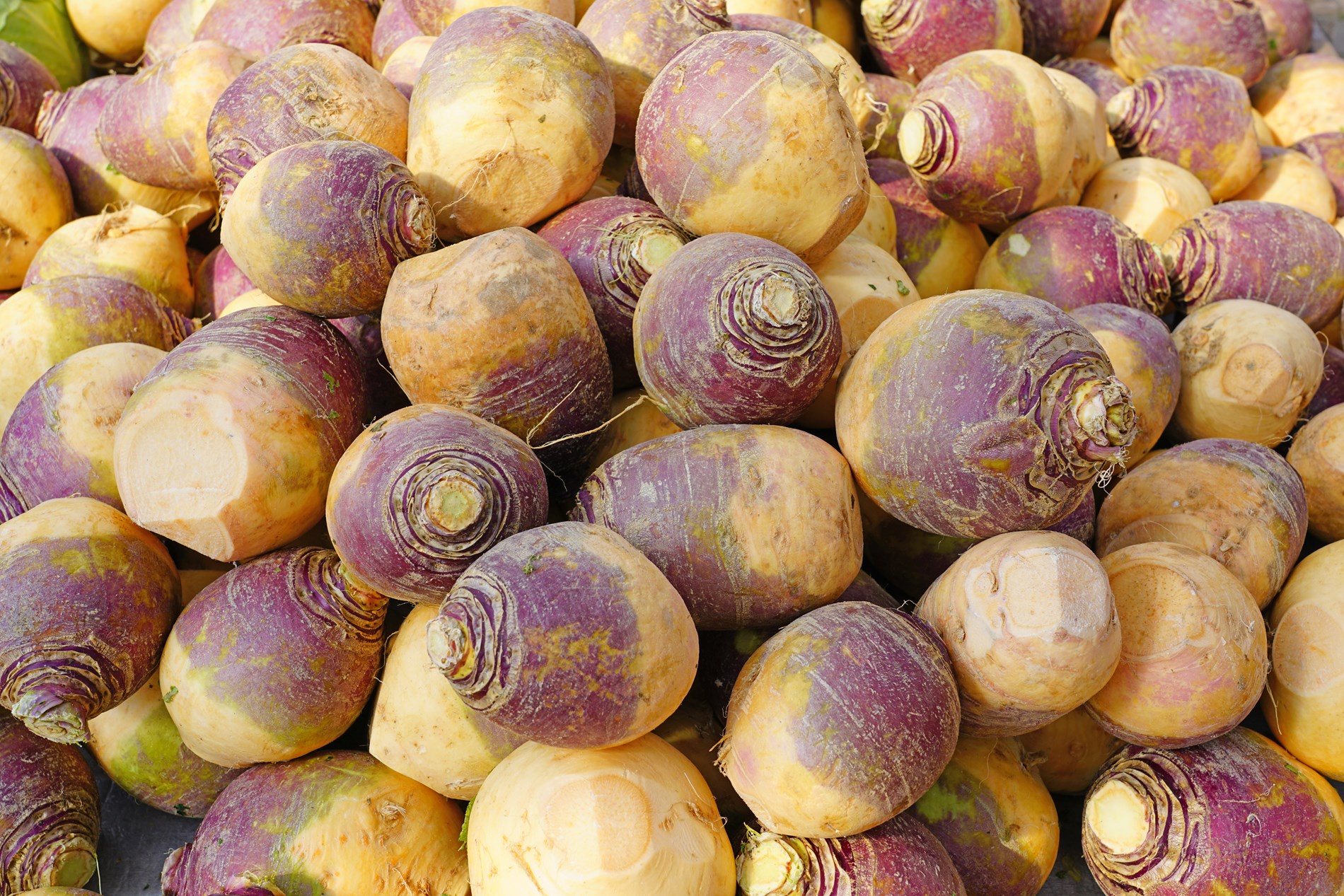
Kale
Kale is a brassica traditionally grown for grazing in the autumn and winter as it is very useful in extending the grazing season.
It is best strip grazed to avoid excessive wastage and ensure both the leaf and stem are consumed. It is advisable to stagger sowing dates to ensure it does not over-mature.
Benefits:
- Very adaptable and can be grown on most sites throughout the UK
- High yields
- Good winter hardiness
- Good palatability and stock utilisation
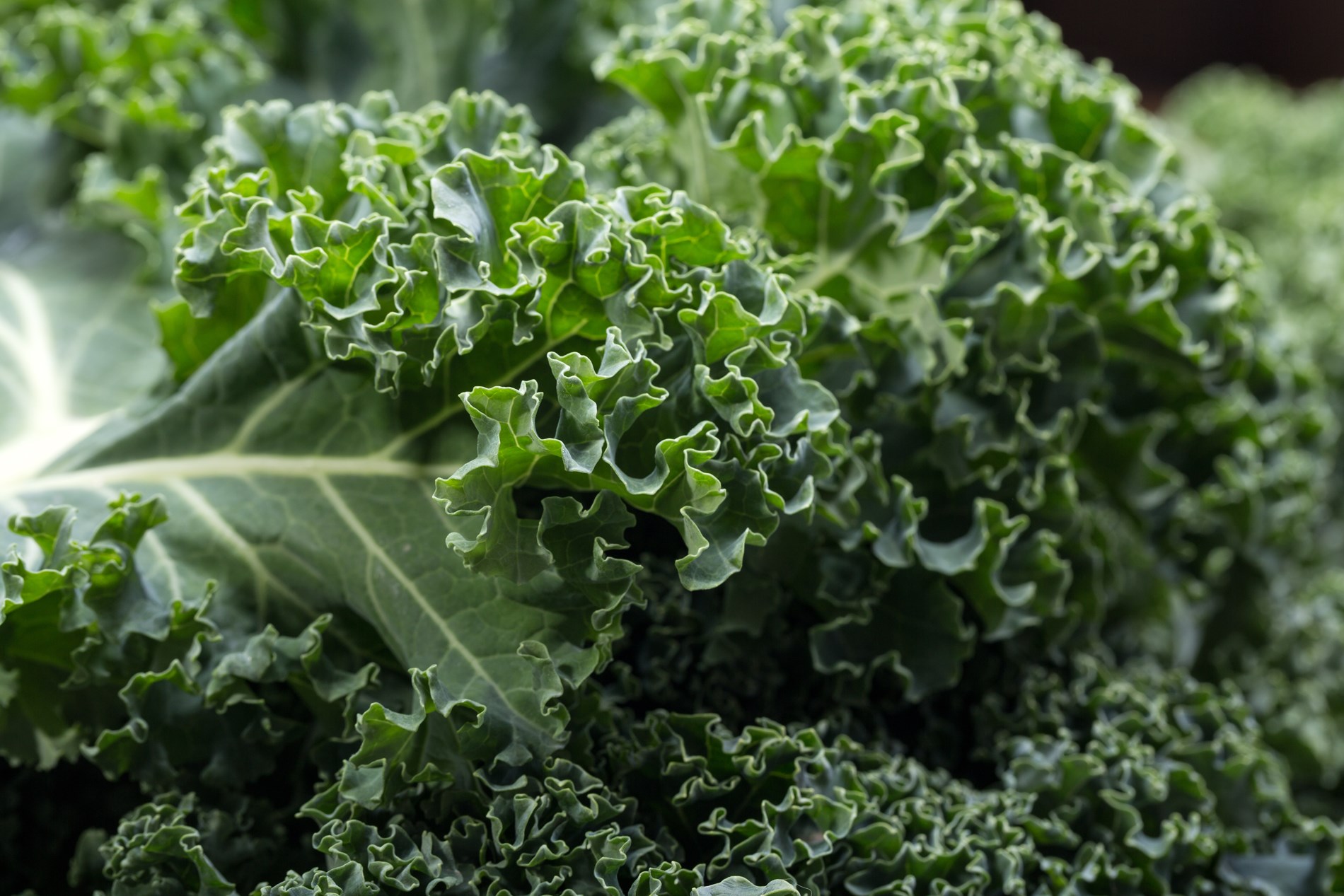
Root mixtures
Root mixtures are catch crop mixtures that combine the benefits of stubble turnips and forage rape and so are excellent for fattening lambs during autumn and winter, providing winter keep for all stock. These have been in great demand in recent years.
Benefits:
- Quick establishment
- High protein yields
- Energy and stockholding capacity
- Good winter hardiness
- Palatable
Arable silage mixtures
Arable silage mixtures offer an alternative or additional feed to grass or maize silage and are particularly suitable for farmers who wish to increase their levels of home-produced forage and reduce their reliance on purchased feed.
There are conventional mixtures, organic mixtures, or straights. The straights allow a grower to grow a single crop on its own rather than a mixture, and we offer Vetch and Luceme for these situations.
Benefits:
- Cost-effective high-quality forage of consistent quality
- Palatable
- High yields of dry matter even in dry seasons and cold weather
- Self-fed from the silage-face or as bales
- Early harvest allows for earlier drilling
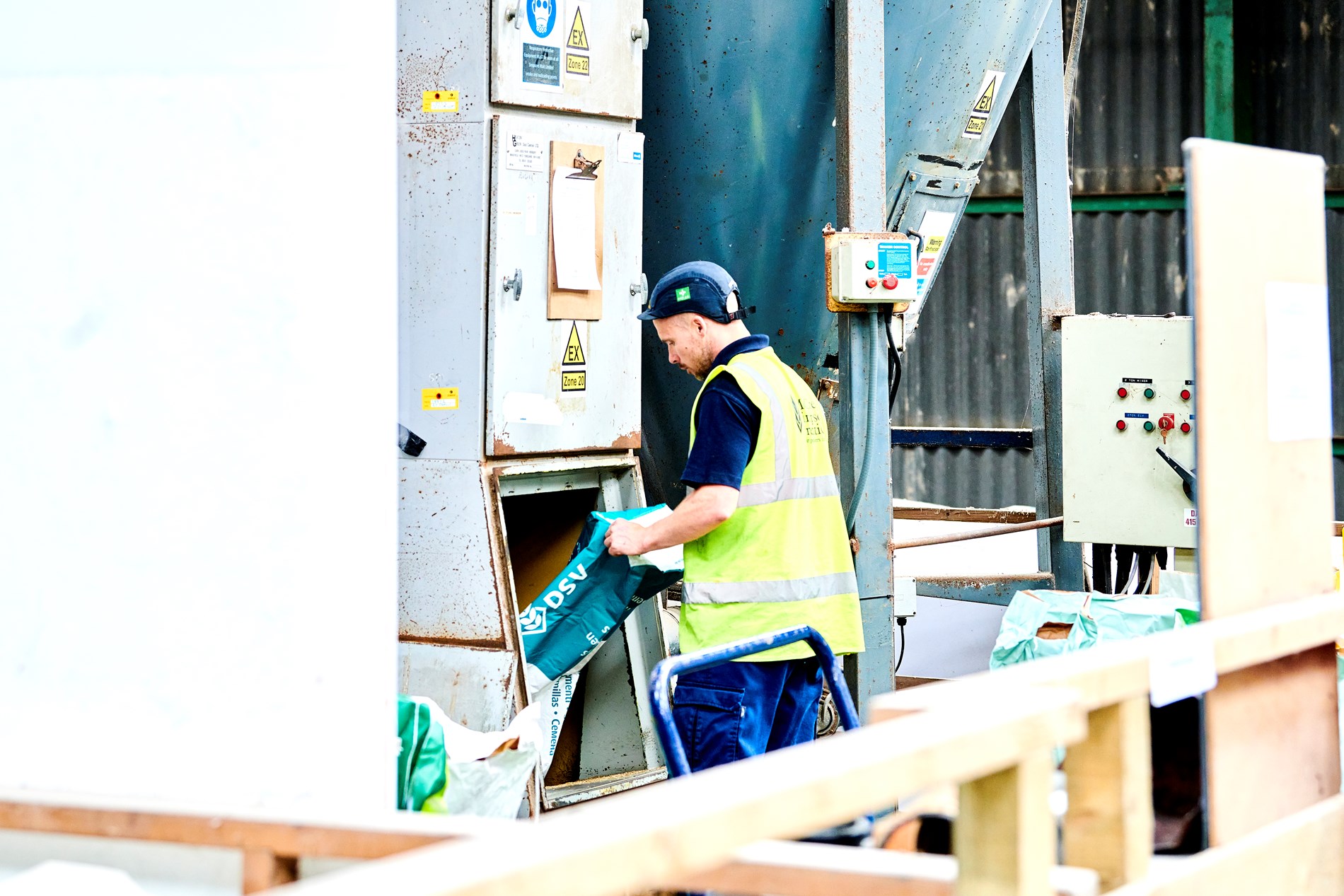
Get in touch today
If you are interested in improving the efficiency of your farm by planting forage crops, contact Grass & Small Seeds Manager Alasdair Ralston on alasdairralston@mspagriculture.co.uk or call 07764 896379.






